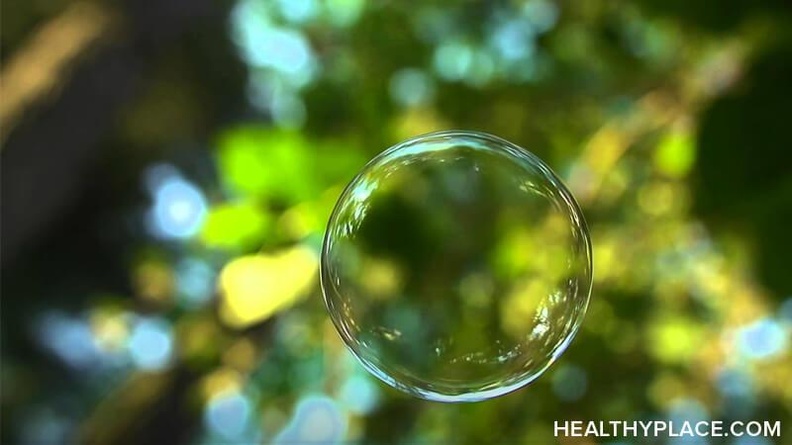The Benefits of Minimalism and Anxiety

I talked a little about cleaning in my last video and the cathartic effects I find in giving away things I don’t really need. I feel as though a discussion on the benefits of minimalism to curb anxiety is a natural segue way from what came before. I think for anyone with anxiety, trying as best you can to live as minimally as possible is the only healthy way to be.
How I Define Minimalism
My personal definition of minimalism may not be how others define it, but because it works for me I figured it was worth sharing. I tend to avoid any kind of one-size-fits-all philosophy when it comes to matters of lifestyle, and my view of minimalism is no different. At its most basic, minimalism to me means living with the bare minimum of material and spiritual goods necessary to live a fulfilling life.
What the bare minimum means is going to vary from person to person. Some people may find it hard to live without, for instance, a lot of land or space on their property, even though that necessarily means investing more time and resources in upkeeping that space. That’s okay. If that truly is important to you, sacrificing it is going to make you more anxious in the long-run.
How to Practice Minimalism for Anxiety
The benefits of living minimally for anxiety should be obvious. If you have fewer things to concern yourself with, you have fewer reasons to be anxious. You’ll have more time to do what you want, you’ll waste less energy trying to chase dreams that don’t really matter, you’ll have more money you don’t really need to spend.
The trick to being successful at living more minimally is to recognize what “minimal” means to you. Again, no two people are going to define that term in exactly the same way, so defining it is going to require quite a bit of soul searching. What truly makes you happy? Do the things you have really contribute positively to your quality of life? If the answer to that last question is no, think about what doesn’t contribute positively, and, by all means, get rid of those things. And I encourage everyone to challenge your own definitions of “minimal;” often, what you may think is essential can, in fact, be disposed of without any great loss.
Recall, also, that my definition entailed “material and spiritual goods,” and that’s no accident. Just because something isn’t material doesn’t mean it shouldn’t be discarded, as a material good would be, if it isn’t contributing to your wellbeing. Maybe you know too many people and are too often spreading yourself too thinly because of it. That’s just the most obvious example. Ultimately, it is important to remember that mental baggage can weigh you down just as much, if not more, than physical baggage, and it’s worth trying to live minimally on a metaphysical level too.
Do you practice minimalism for anxiety reduction? Share your experience in the comments.
APA Reference
DeSalvo, T.
(2020, June 24). The Benefits of Minimalism and Anxiety, HealthyPlace. Retrieved
on 2025, November 21 from https://www.healthyplace.com/blogs/anxiety-schmanxiety/2020/6/the-benefits-of-minimalism-and-anxiety